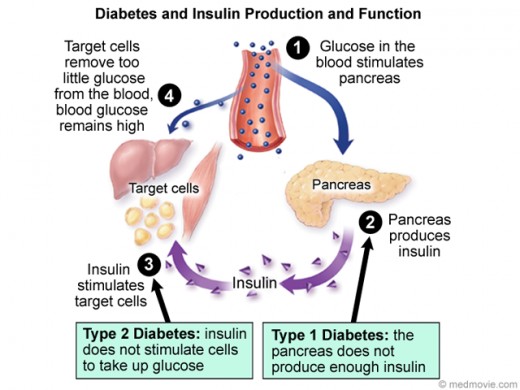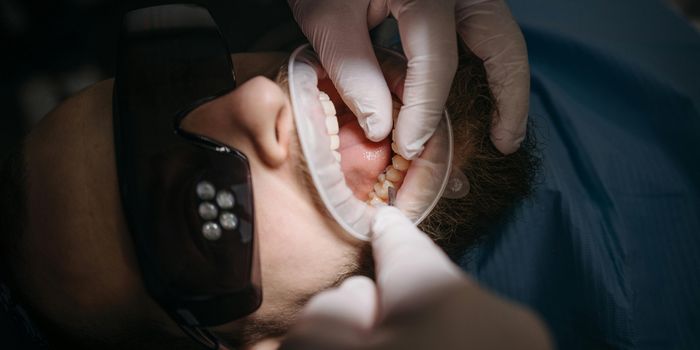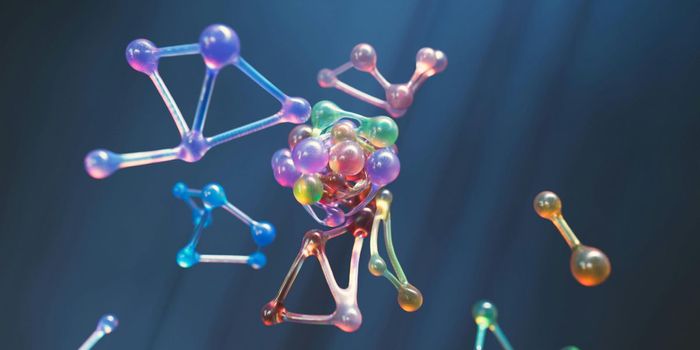Blood Pressure Medication 'Verapamil' Stimulates Insulin Production
A common blood pressure medication, verapamil, may improve outcomes for patients with Type 1 diabetes.
According to researchers at the University of Alabama (UAB) at Birmingham Comprehensive Diabetes Center, diabetes affects more than 30 million Americans. Now, research at UAB has led to the discovery of a "safe and effective novel therapy to reduce insulin requirements and hypoglycemic episodes in adult subjects with recent onset Type 1 diabetes."
Furthermore, verapamil, which is administered orally, will allow the patient's body to produce their very own insulin which limits the number of insulin injections needed.
"While this research is not an end-all cure for Type 1 diabetes, these findings are getting us closer to disease-altering therapies that can enable individuals with Type 1 diabetes to have more control over their disease and maintain some of their body's own insulin production," said Anath Shalev, director of UAB's CDC.
Published in Nature Medicine, the research team at UAB found a way to promote the patient's own beta cell function and insulin production.
When Shalev discovered that verapamil reversed the effects of Type 1 diabetes, human trials began.
Over a year, the clinical trials studied 24 patients between the ages of 18-45. 11 of these patients received the blood pressure medication and the other 13 received a placebo.
"Although this is a smaller sample group, our trial results give us promise that subjects with Type 1 diabetes have therapy options and that we are nearing a more effective way to deal with this disease," said Fernando Ovalle, director of UAB's Comprehensive Diabetes Clinic and co-principal investigator of the study. "Beyond verapamil allowing subjects with Type 1 diabetes the ability to live a life with less external insulin dependence, these findings will impact the quality of life that they can have."
By improving blood sugar control, patients suffering from Type 1 diabetes will experience fewer heart attacks, blindness, kidney disease and other issues.









